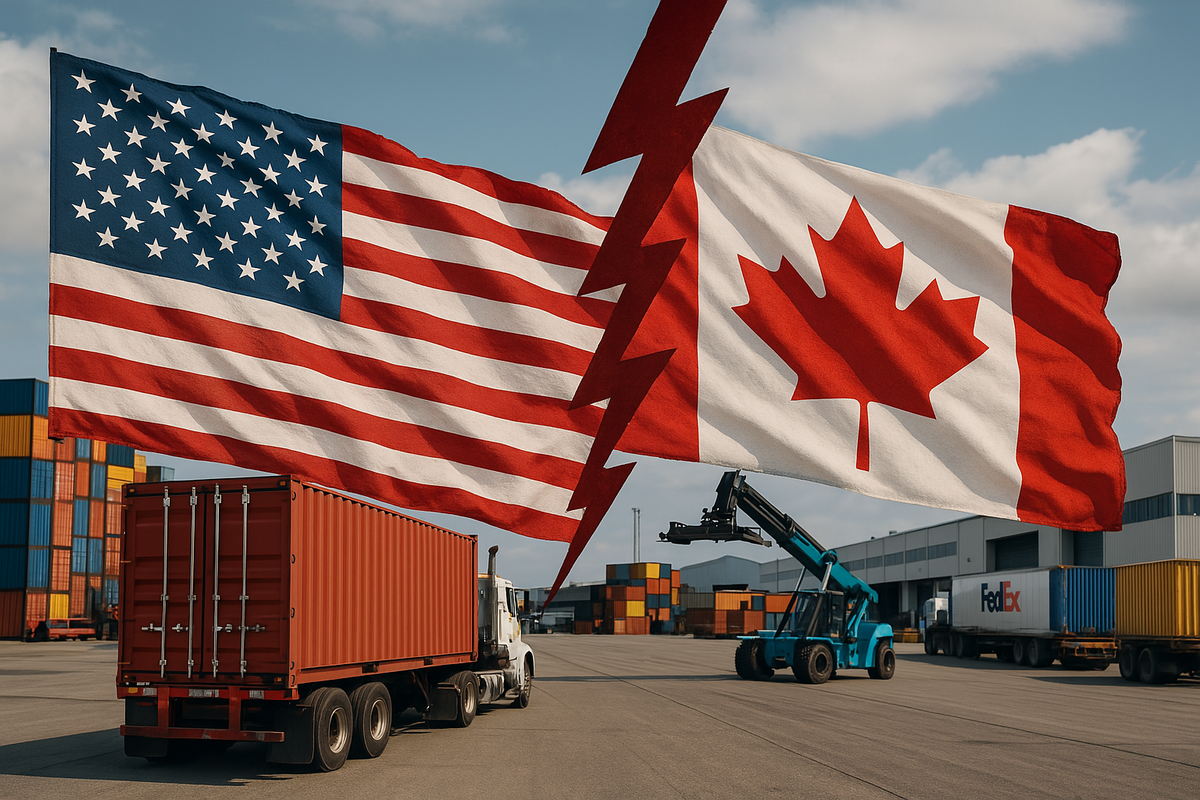
By Robert Skinner | WBN News | April 3, 2025
As new U.S. tariffs take effect, South Delta businesses are beginning to forecast real-world consequences — from rising costs to potential job losses and contract delays.
Tilbury Industrial: Manufacturing on Alert
Located just minutes from the Fraser River shipping routes, Tilbury Industrial Park houses some of Delta’s most export-reliant manufacturers. These companies, particularly in metal fabrication and logistics, are already seeing cost spikes for U.S.-sourced components and machinery.
“We’re reviewing our supplier relationships,” says a Tilbury-based operations manager. “We’ve had to delay two shipments already.”
Tsawwassen First Nation: Development Under Pressure
TFN’s commercial partnerships — including Tsawwassen Mills and industrial land development — are exposed to pricing volatility in imported goods. Construction materials, electronics, and retail stock are all vulnerable to shifting cross-border policies.
“We’re watching closely. Any trade disruption affects our community revenue and employment base,” says a TFN economic development advisor.
Retail & Service Sectors: Tight Margins Ahead
South Delta’s small retailers and service providers may not import directly but are bracing for indirect effects — higher wholesale costs, reduced inventory variety, and tighter consumer spending.
From auto repair shops seeing parts delays to boutiques facing markups on American brands, the ripple effect is spreading.
“We’re trying not to pass the cost on to customers,” says a Ladner shop owner. “But we might not have a choice.”
WBN News - South Delta Edition
Robert Skinner - Publisher
#WBN News South Delta Edition #Robert Skinner Publisher #South Delta Business #Tilbury Industrial #TFN #Tariff Impact

